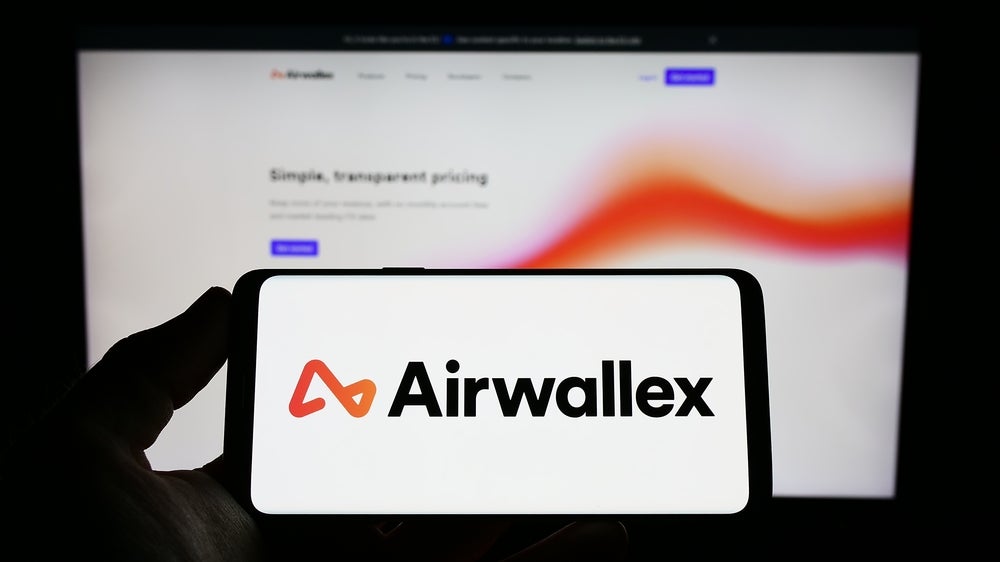Nexus Scheme: A Solution for Fast Cross-Border Transactions
For the Nexus Scheme to prove its concept is viable, it would require at least three Instant Payment Systems (IPS) to join its payment network to prove it can efficiently execute international instant transactions.
The introduction of new technologies such as IPS solutions is improving payment capabilities. According to the Bank for International Settlements (BIS), more than 60 countries already have fast payment systems at a domestic level. While transactions between account holders in the same country can be done near instantly at no cost, cross-border transactions are not as convenient. There are still some frictions and high costs associated with international transactions, mainly caused by the time it takes to settle the conversion between two currencies, the due diligence procedures required to ensure that both recipient and receiver are compliant with regulations, and the lack of interoperability between national payment networks. To remedy those issues and enable a fast international payment network, the BIS Innovation Hub published a blueprint of an international payment network, the Nexus Scheme. The creation of this scheme would standardize payment transactions taking place through the network.
The current approach to cross-border transactions using IPS is disjointed, as they are mainly conducted at a domestic level in a vacuum without much consideration of interoperability. In late 2020, the Brazilian central bank launched Pix, its own IPS. There are, however, a few examples of small initiatives at a regional level between countries that agree to work together. In 2020, the European Central Bank entered a partnership with the Swedish central bank, giving it access to the TIPS Eurosystem. Through this partnership, Sweden gains access to a IPS settlement network and is able to exchange krona for euros in real time.
This fragmented approach to fast cross-border transactions offers slow progress and requires countries to create a bilateral link for each country they want to execute IPS transactions with. This would only create more complications in the infrastructure of an IPS network; given that each central bank creates its own IPS network in a vacuum, there is a risk of non-interoperability between payment networks.
The Nexus Scheme, however, could solve the issues associated with IPS cross-border transactions. The scheme would allow in different countries to connect to its network, which enables them to execute cross-border transactions. This would eliminate the need for countries to develop bilateral links with each collaborating country. By establishing the Nexus payment gateway, it will standardize payment transactions, which should reduce payment failure due to incorrect information. The success of this scheme relies on the collaboration of the IPS scheme operators and their participants. In order to incentivize them to work together, a concrete example is needed to prove the viability of the concept. The Nexus Scheme model was built using the successful collaboration between the Monetary Authority of Singapore and the Bank of Thailand. In April 2021, they both announced that they managed to link their IPSs (PromptPay and PayNow), which allow instant cross-border transactions. In the long run, they are planning to scale up the scheme by including additional IPS schemes from the region. If they are able to effectively add another scheme, it would offer a further proof of concept for the Nexus Scheme.
This was written by Chris Dinga, GlobalData banking/payments analyst.
How well do you really know your competitors?
Access the most comprehensive Company Profiles on the market, powered by GlobalData. Save hours of research. Gain competitive edge.

Thank you!
Your download email will arrive shortly
Not ready to buy yet? Download a free sample
We are confident about the unique quality of our Company Profiles. However, we want you to make the most beneficial decision for your business, so we offer a free sample that you can download by submitting the below form
By GlobalData







